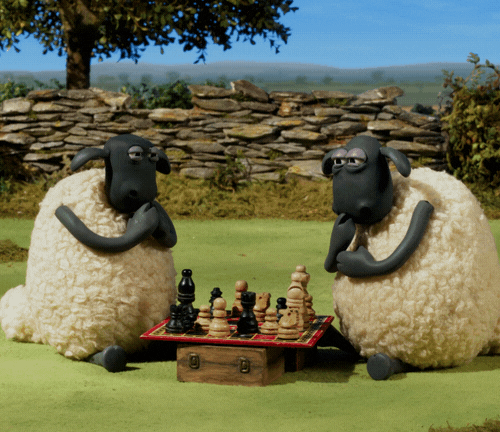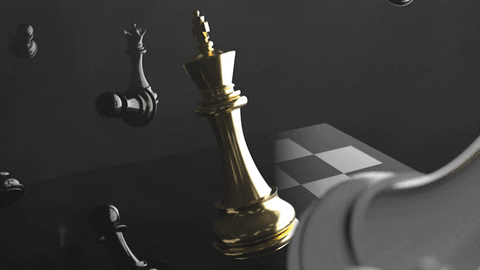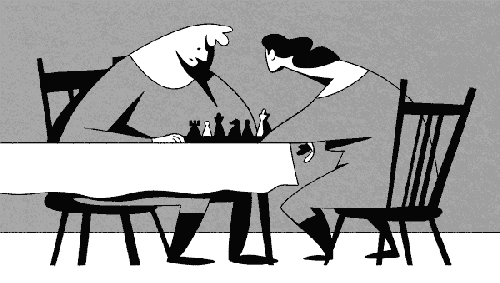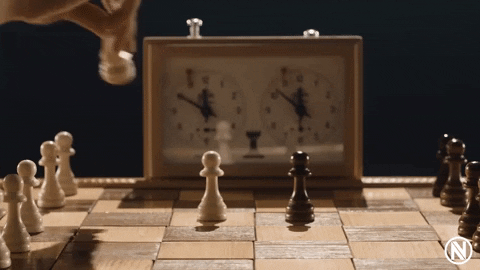Chess is a board game that has been played for centuries and is widely considered a mental sport. It requires strategy, patience, and problem-solving skills, and can be an excellent way to improve one’s mental abilities.

Here are some life lessons that chess can teach us:
-
Planning and strategy: In chess, players must think ahead and plan their moves in order to outmaneuver their opponents. This skill can be applied to real-life situations, such as setting goals and making a plan to achieve them.
-
Patience: Chess requires patience and the ability to think through difficult situations. This skill can be helpful in situations where we need to take a step back and consider our options before making a decision.
-
Focus and concentration: Playing chess requires focus and concentration, as players must pay attention to the board and their opponent’s moves. These skills can be helpful in a variety of situations, including work and school.
-
Problem-solving: Chess requires players to constantly analyze the board and come up with solutions to problems. This skill can be useful in a variety of real-life situations where we need to find creative solutions to problems.

“Chess is life.” – Bobby Fischer -
Resilience: In chess, players must be prepared for setbacks and be able to recover from them. This skill can be helpful in life, as we all face challenges and setbacks that we must learn to overcome.
-
Decision-making: Playing chess requires players to make a series of important decisions, such as which piece to move and where to place it. This skill can be useful in real life, as we often have to make decisions that can impact our lives and the lives of others.
-
Adaptability: In chess, players must be able to adapt to changing circumstances on the board and adjust their strategies accordingly. This skill can be helpful in real life, as we often encounter unexpected situations that require us to adapt and be flexible.
-
Persistence: Chess can be a challenging game, and players must be persistent in order to improve their skills. This quality can be useful in real life, as we often face challenges and obstacles that require us to be persistent in order to overcome them.
-
Respect: Chess is a game that requires players to respect their opponents and follow the rules. This lesson can be applied to real life, as it is important to respect others and follow rules and laws in order to create a harmonious society.
-
Sportsmanship: Chess is a game that requires players to be gracious in victory and defeat. This lesson can be applied to real life, as it is important to be a good sport and handle victory and defeat with grace and humility.
Overall, chess can teach us valuable lessons about planning, patience, focus, problem-solving, resilience, decision-making, adaptability, persistence, respect, and sportsmanship, which can be applied to many aspects of our lives.

Image reference: giphy.com




